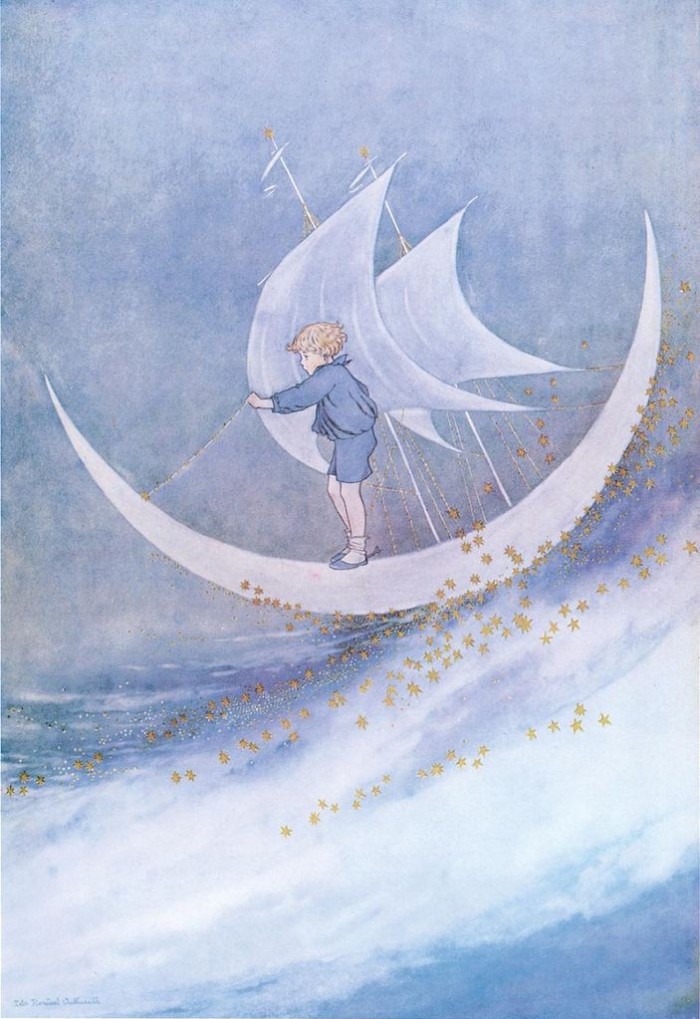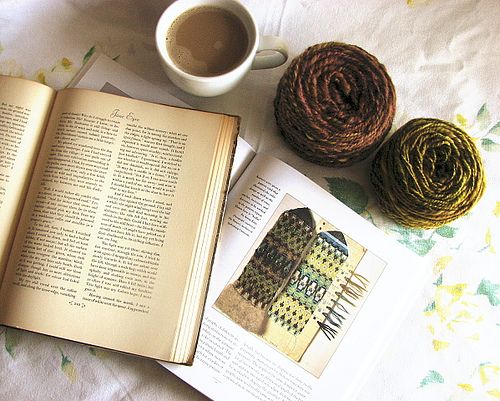This fall, I’m teaching a freshman composition course at Texas A&M University in Corpus Christi. Per the department’s curriculum, the students begin the term by writing literacy narratives in which they reflect on the major reading and writing experiences that have shaped their lives.
The project has made me reflect on my own reading life. Since the tenth grade, I knew I wanted to major in English, and I spent six consecutive years of college doing just that (undergraduate + graduate). So to say that “books and reading have shaped my life” wouldn’t tell you much about me that you haven’t already gathered. Rather, it’s reflecting on the way that I came to read that continues to teach me about how truly privileged I’ve been while shedding light on some of the demons I still encounter.
I tell my students that there are at least two ways to use the term “literacy.” The first, more obvious use refers to the general ability to read language. But beyond that, one can use the word to refer to multiple abilities to “read” an environment or activity. As you can imagine, each of us has literacies upon literacies.
As I was acquiring my basic literacy, I was absorbing another, almost equally powerful literacy, which I call, Private School Literacy (PSL). PSL is as bound in its own brand of academic success as it is in its students’ socioeconomic status. For the next fourteen years, I learned the gap between my status and those of my peers, most of whom came from wealthy families. In acquiring PSL, I learned to shy from any light that may expose what was already obvious to my peers, my middle class background, which for some was better described as “poor” even though it would be impossible to make an argument that I lacked for anything at home.
Although I’d been to many a kindergarten birthday party in my classmates’ palatial homes, the difference between my “worth” and theirs only began to sink in when they commented on my appearance, asking why my hair was always dirty (it wasn’t; my parents bathed me) and why I wore the same clothes everyday (I didn’t; I just had a smaller rotation of outfits).
By the time I was a teenager, I was well versed in PSL. I kept to my small band of friends and went about assuming (rightly or wrongly) that most of my peers still saw me as unkempt and unpolished, even though I made obsessive efforts to appear otherwise. Even at 25, I worry that people will only see how “unclean” I am, even though I’ve likely showered and scrubbed my skin raw that morning. Irrational? Completely. But does it feel real? Absolutely.
Around the time I realized I wanted to be an English major, I was taking AP English Language, an intellectually and emotionally demanding class. My classmates were a competitive, intelligent lot, boisterous and eager to debate any topic, from structuralism to “side boobs.” I tried to keep up. On the weekends, I went to the public library to check out the books they’d mentioned in side conversation, which is how I came to read A Handmaid’s Tale and A Clockwork Orange. I read Wikipedia pages at random and kept a list of words I needed to look up, like “preternaturally” and “blasé.”
As I closely read and annotated my reading homework, I became more aware of my love for learning. I liked reading for reading’s sake, but I also saw my schoolwork as way to illustrate that I was good enough. (“Good enough”—What an awful phrase, no?) All of my preparation, however, didn’t help me when it came time to speak in class. My face reddened, my self-consciousness about my appearance flared up, and whether or not I said something well thought-out, I felt dumb, and vowed to myself I would remain silent for the rest of class.
After years of participating in college and graduate seminars, this cycled has waned somewhat, but it’s far from being a thing of the past. I’m no less an avid reader—or writer—and I’m still familiar with the feeling of remaining intellectually hungry even as I devour research on the chemicals in our cosmetics and articles on veganism’s environmental impact. But I still have trouble voicing myself.
Even as a teacher with (a little) experience, I struggle to deliver ideas and occasionally feel that I “belong” under a desk instead of behind the podium. In social settings, I’m not always much better. A few nights ago, my fiancé and I went to a bar with several of his colleagues. When one fellow asked me my views on the sustainability of organic farming given predictions for population increase (you know, just standard academic bar talk), I felt like I was in my AP English classroom again, unable to say anything with a backbone even though the question was presented to be in a non-threatening, friendly way. Feeling embarrassed, I gave my fiancé my “let’s please leave now, please, please” sign under the table (a tap on his knee)—a sign symbolic of my social anxiety he knows all too well.
In many ways, my PSL hasn’t left me. I’m not sure if it ever will. A part of me believes that if I make every effort with my appearance, do all of my “reading,” by which I mean whatever work I’m required to do to meet others’ intellectual and work standards, I will be accepted. But inherent in this same literacy is my unacceptability.
Yet by some dark magic, the academic and social literacy I learned in private school opened other literacies to me. The wonderful thing about literacy is that you can have multiple, remember? Most important of these other literacies is the literacy of self-love, which, for anyone new to it, does require some practice. My PSL may always lurk in my identity, but a gentler, more productive literacy looms larger, helping me become not only kinder to myself but also cognizant of the abundance of my life.
I can’t reflect on my literacy (in all of its varieties) without feeling grateful that I did go to such a rigorous school, grateful that my parents scraped to send me there, and grateful that they planted the seed for self-love with their belief in the value of my education, in the value of me.
Teaching the literacy narrative has also helped me consider control. As a kindergartener, I had no control over which school I went to. I had little control over how my peers perceived me. (And they probably didn’t have much control over that, either.) As an adult, however, I have more control. I may not have control over whether or not I’m accepted by others, but I can make conscious decisions that foster my intellectual growth—after all, I’ve been privileged with the tools and training to do so. I can reach out to others and share this ability through teaching and tutoring. I can empathize with others who have found themselves on the outside (for whatever reason!), and I can invite them in. The reality is simple: I have an education. It allows me to make choices for goodness.
And what’s more self-loving than choosing goodness?
Related: On Stretch Marks – Learning to Love Body Imperfections
The Importance of Forgiving Yourself
Milarepa’s Cave – A Story that Changed My Life
The Beauty of Living Life in the Grey
Photo: Madelinetosh via Flickr, Sofi via Flickr





